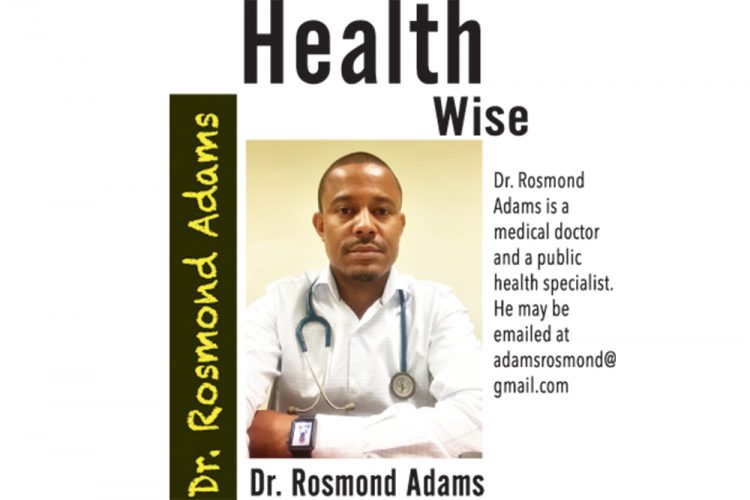Self-quarantine and Isolation – What’s the difference?

THE ONGOING coronavirus pandemic has certainly increased our awareness of public health terminologies. Over the past year, terms like social distancing, physical distancing, self-quarantine, isolation, flattening the curve, etc have become part of our everyday language.
Despite an increased awareness around these public health terms, the understanding and application of them sometimes can be confusing to the non-medical personnel.
Quarantine and Isolation are often mixed up and sometimes incorrectly used by health care personnel to mean the same thing. Quarantine is an old public health procedure used to prevent the spread of infectious diseases. The practice of quarantine began during the 14th century in an effort to protect coastal cities from the plague epidemics. Ships arriving in Venice from infected ports were required to sit anchored for 40 days before coming to port. This practice, called quarantine, was derived from the Italian words quaranta giorni, which mean 40 days.
People who have been exposed to the new coronavirus and who are at risk for coming down with COVID-19 might practice self-quarantine. Health experts recommend that self-quarantine lasts 14 days. Two weeks provides enough time for them to know whether or not they will become ill and be contagious to other people.
You might be asked to practice self-quarantine if you have recently returned from traveling to a part of the country or the world where COVID-19 is spreading rapidly, or if you have knowingly been exposed to an infected person.
Self-quarantine involves, using standard hygiene and washing hands frequently, not sharing things like towels and utensils, staying at home, not having visitors and staying at least 6 feet away from other people in your household.
Once your quarantine period has ended, if you do not have symptoms, follow your doctor’s instructions on how to return to your normal routine.
For people who are confirmed to have COVID-19, isolation is appropriate. Isolation is a health care term that means keeping people who are infected with a contagious illness away from those who are not infected. Isolation can take place at home or at a hospital or care facility. Special personal protective equipment will be used to care for these patients in health care settings.
Quarantine is generally for a person who is healthy but may have become exposed and is under watch to ensure that he/she does not develop the disease. Isolation is someone who is already diagnosed with the illness and is placed into care alone until they have recovered. Someone can be isolated at home or in a facility and must be cared for by medical personnel.
Remember that quarantine is not just staying at home. It requires you not having visitors and taking the necessary sanitary actions.












